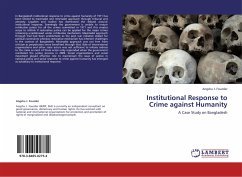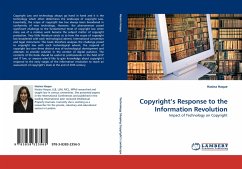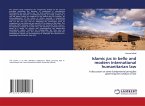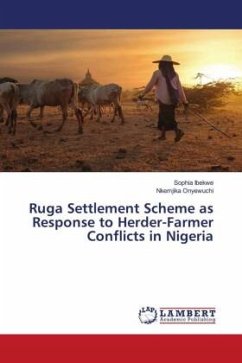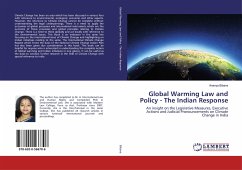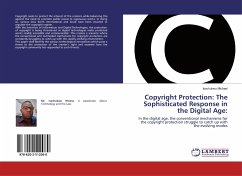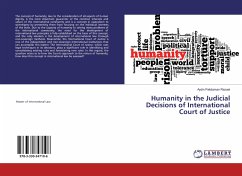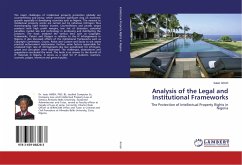In Bangladesh institutional response to crime against humanity of 1971 has been limited to maximalist and minimalist approach through tribunal and amnesty. Legalism and realism has dominated the debate around institutional response. Seemingly the government is unable to ensure retributive justice for all the crimes committed in 1971 and this creates scope to rethink if restorative justice can be applied for the major crimes remaining unaddressed under retributive mechanism. Maximalist approach through trial had been problematic as the post war initiative stalled for political constraints whereas restorative mechanism has inherent challenges in the context of Bangladesh. Minimalist approach was not free from criticism as perpetrators were benefited through that. Role of international organizations and other state actors was not sufficient to initiate redress to the crime as most of those actors only responded when the government reinitiated the justice process in 2009. Social organizations and social movement played effective role to mainstream the issue of justice in national policy and social response to crime against humanity has emerged as subsidiary to institutional response.
Bitte wählen Sie Ihr Anliegen aus.
Rechnungen
Retourenschein anfordern
Bestellstatus
Storno

